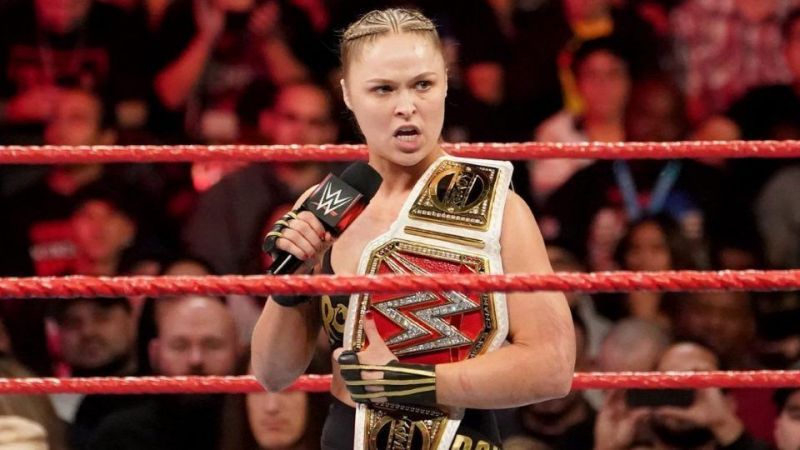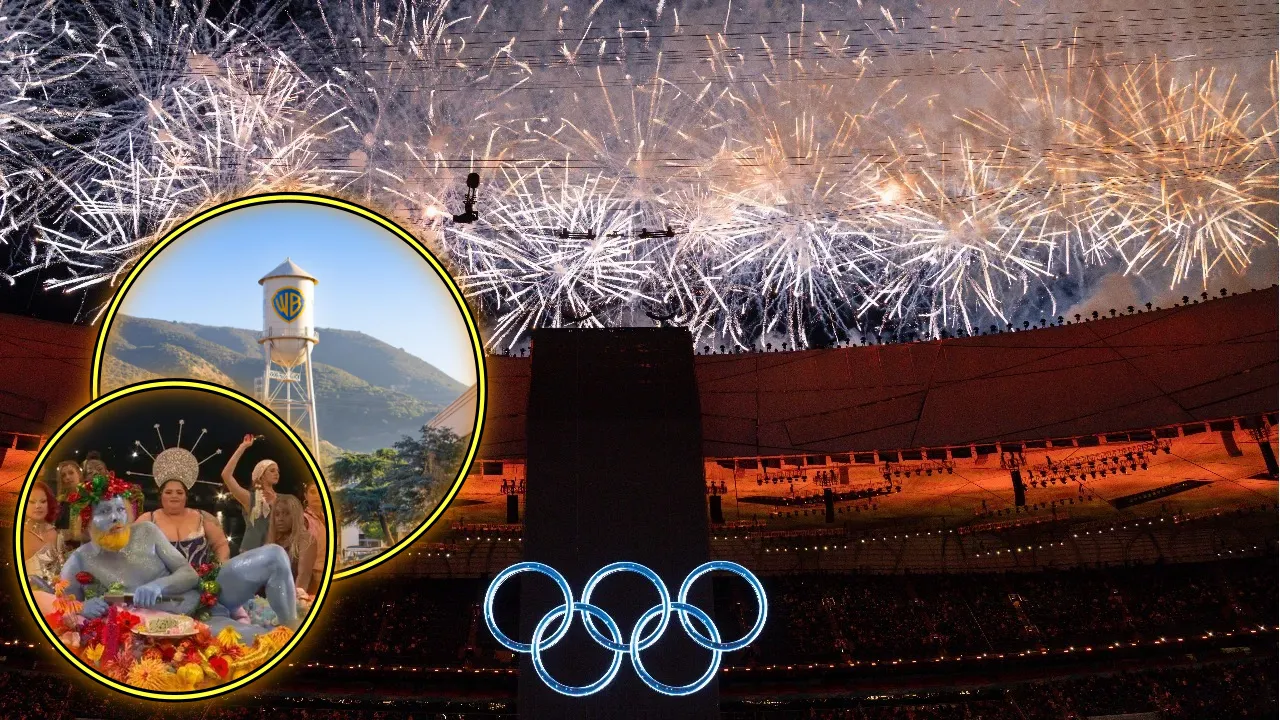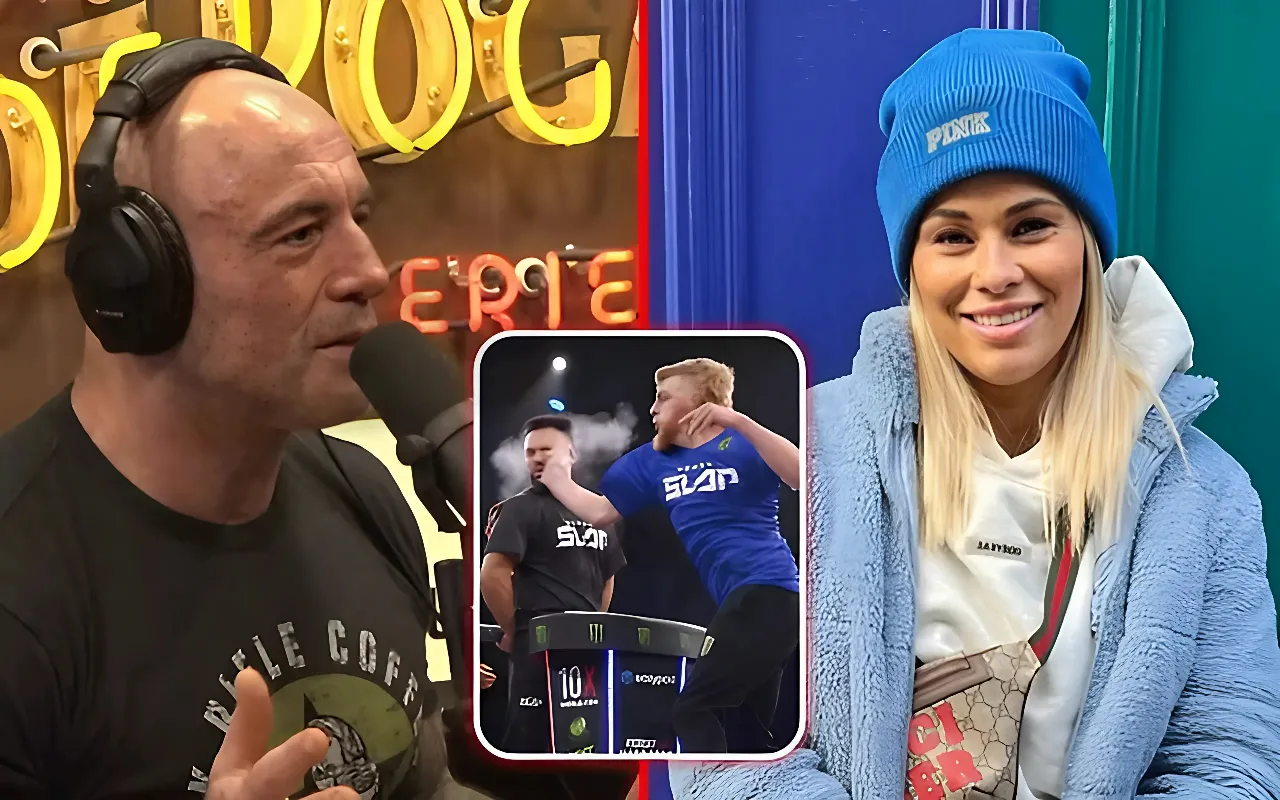Ronda Rousey's Struggles in WWE: A Closer Look

Ronda Rousey, a name synonymous with dominance in the world of mixed martial arts (MMA), made a highly publicized transition to the world of professional wrestling when she joined WWE. However, her journey in the squared circle has been met with both praise and criticism.
While some fans and critics laud her for bringing star power and athleticism to the WWE, others argue that she is struggling to adapt to the demands of being a WWE Superstar.
Rousey's meteoric rise in MMA, particularly in the UFC where she held the Bantamweight Championship, made her a global sensation. Her unbeaten streak and fierce fighting style captivated audiences around the world.
However, her career took a downturn after suffering consecutive losses to Holly Holm and Amanda Nunes. These defeats not only marked the end of her undefeated record but also took a toll on her mental well-being.
Following her retirement from MMA, Rousey ventured into other pursuits such as acting before ultimately making her way to WWE. Her arrival was met with much fanfare, as she brought a level of mainstream attention rarely seen in the world of professional wrestling.
However, behind the scenes, it appears that Rousey has been grappling with the challenges of adapting to the rigorous schedule and demands of WWE.
One of the key aspects that has drawn attention is Rousey's emotional responses, particularly on social media. Her interactions with fellow WWE Superstars, notably Becky Lynch, have at times blurred the lines between scripted storytelling (kayfabe) and reality.
This has led to concerns about her ability to navigate the nuances of professional wrestling, where maintaining a balance between on-screen persona and real-life emotions is crucial.

Becky Lynch, known for her outspoken and fearless character, has been at the center of a highly publicized feud with Rousey. Their exchanges on social media have provided an additional layer of intrigue to their on-screen rivalry.
However, some have criticized Rousey for allowing herself to become too emotionally invested in these interactions, potentially detracting from the storytelling and character development.
In one notable instance, Lynch hinted at Rousey's need to "get better at the business and be more respectful of it." This subtle jab underscored the importance of understanding the scripted nature of their interactions and not allowing personal emotions to overshadow the storytelling.
While such exchanges have undoubtedly added fuel to their feud, they have also raised questions about Rousey's ability to navigate the performative aspects of professional wrestling.
It is important to note that Rousey's journey in WWE has not been without its successes. She has been involved in high-profile matches and storylines, contributing to the elevation of women's wrestling within the company.
However, there remains a sense that she is still acclimating to the unique demands of professional wrestling, particularly in terms of character development and promo skills.
The involvement of Charlotte Flair, another prominent figure in the women's division, has further complicated the dynamics of Rousey's WWE tenure.
While Flair has not been as directly involved in the exchanges with Rousey as Lynch has, her presence has added an additional layer of complexity to the ongoing narrative.
This dynamic interplay between three strong personalities has created compelling storytelling opportunities but also underscores the challenges Rousey faces in navigating these intricate dynamics.
From a creative standpoint, WWE has capitalized on the tensions between Rousey, Lynch, and Flair to build anticipation for future matchups and storylines.
The culmination of these tensions is expected to lead to a high-stakes showdown at WrestleMania 35 for the Raw Women's title. As fans eagerly anticipate this clash of titans, there is a palpable sense of uncertainty surrounding Rousey's future in WWE beyond this marquee event.
Looking ahead, it is evident that Rousey will need to address certain areas of improvement if she intends to continue her journey as a WWE Superstar.
The transition from MMA to professional wrestling necessitates a distinct set of skills and mindset, including the ability to navigate the performative aspects of storytelling and character development.
Rousey's emotional responses and her acclimation to the intricacies of professional wrestling will be key areas for her to focus on moving forward.
It is worth considering whether Rousey's future in WWE will involve a potential hiatus or a shift towards a more part-time role. Such adjustments could provide her with the opportunity to recharge and recalibrate her approach to professional wrestling.
Additionally, they could offer her the space to further develop her skills and adapt to the unique demands of WWE without feeling overwhelmed by its relentless schedule.
Ultimately, Ronda Rousey's struggles as a WWE Superstar underscore the complexities inherent in transitioning from one form of combat sports to another.
While her star power and athleticism are undeniable, her journey in WWE has brought to light the challenges she faces in adapting to its distinct demands.
Whether she chooses to continue her tenure with WWE or explore other opportunities, it is clear that Rousey's evolution as a professional wrestler will be closely watched by fans and critics alike. As she navigates this pivotal phase in her career, the wrestling world eagerly awaits what lies ahead for one of its most polarizing figures.



